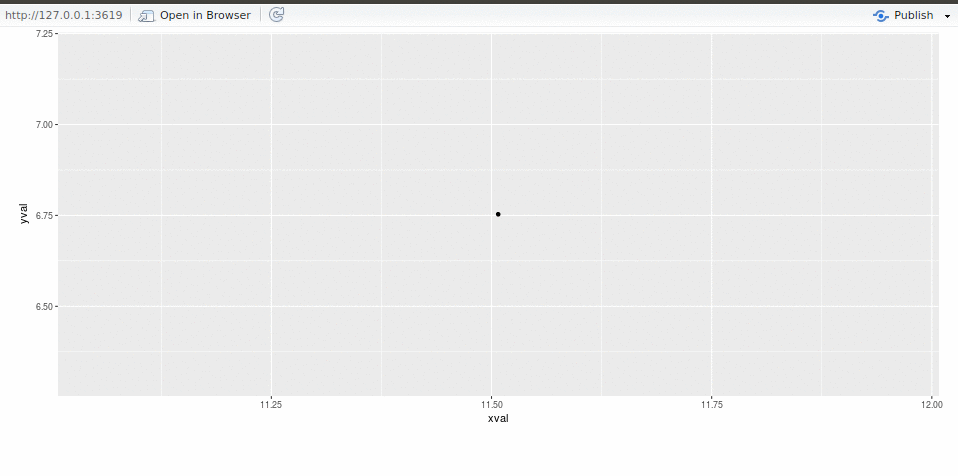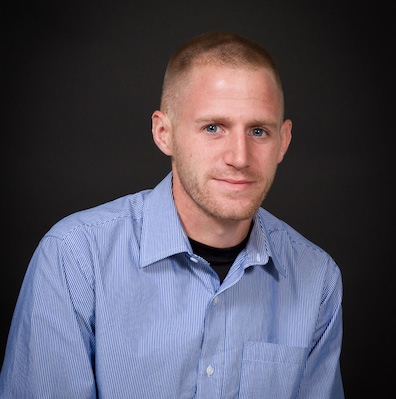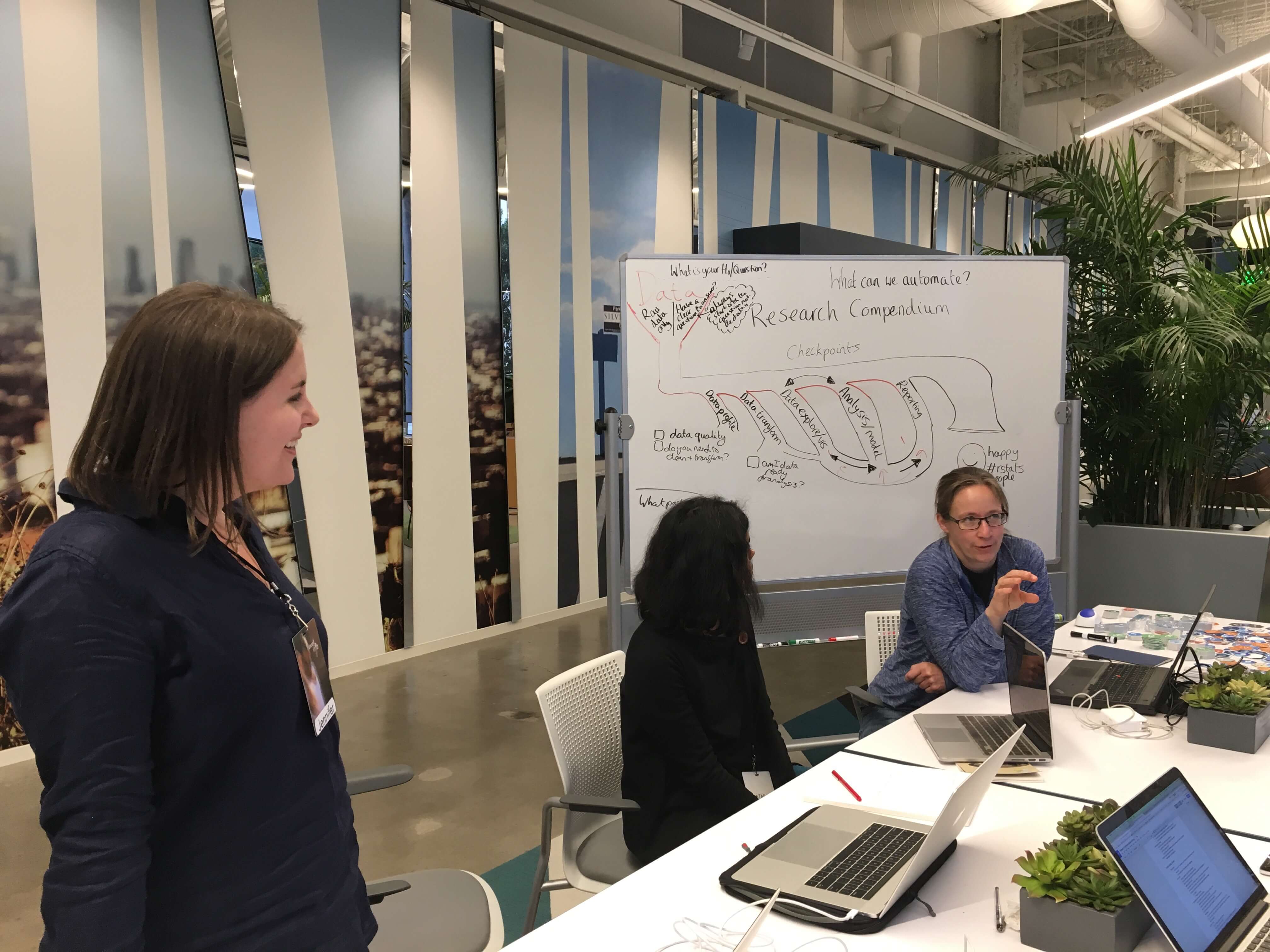You can find members of the rOpenSci team at various meetings and workshops around the world. Come say ‘hi’, learn about how our packages can enable your research, or about our onboarding process for contributing new packages, discuss software sustainability or tell us how we can help you do open and reproducible research. Where’s rOpenSci?
Postagens de Rogue Scholar
Since June, we have been highlighting the many projects that emerged from this year’s rOpenSci Unconf. These projects start many weeks before unconf participants gather in-person. Each year, we ask participants to propose and discuss project ideas ahead of time in a GitHub repo. This serves to get creative juices flowing as well as help people get to know each other a bit through discussion.

In my training as a AAAS Community Engagement Fellow, I hear repeatedly about the value of extending a personal welcome to your community members. This seems intuitive, but recently I put this to the test. Let me tell you about my experience creating and maintaining a #welcome channel in a community Slack group.

Like every R user who uses summary statistics (so, everyone), our team has to rely on some combination of summary functions beyond summary() and str(). But we found them all lacking in some way because they can be generic, they don’t always provide easy-to-operate-on data structures, and they are not pipeable. What we wanted was a frictionless approach for quickly skimming useful and tidy summary statistics as part of a pipeline.

We, Alicia Schep and MilesMcBain, drove the webrockets projectat #runconf17.To make progress we solicited code, advice, and entertaining anecdotesfrom a host of other attendees, whom we humbly thank for helping to makeour project possible. This post is divided into two sections: First up we’ll relate ourexperiences, prompted by some questions we wrote forone another.
Nico Franz and Beckett W. Sterner recently published a preprint entitled "To Increase Trust, Change the Social Design Behind Aggregated Biodiversity Data" on bioRxiv http://dx.doi.org/10.1101/157214 Below is the abstract: Below I respond to some specific points that annoyed me about this article, at the end I try and sketch out a more constructive response.

We are pleased to welcome our Postdoctoral Fellow, Dr. Dan Sholler. Dan is an expert in qualitative research (yes, you read that correctly) and studies digital infrastructure creation, growth, and maintenance efforts. Through this research interest, he was drawn to the open science community and its ongoing development of tools and communities to support sustainable, reproducible, high-quality research.

Before everybody made their way to the unconf via LAX and Lyft, attendees discussed potential project ideas online. The packagemetrics package was our answer to two related issues. The first proposal centered on creating and formatting tables in a reproducible workflow.

What’s that? You’ve heard of R? You use R? You develop in R? You know someone else who’s mentioned R? Oh, you’re breathing? Well, in that case, welcome! Come join the R community! We recently had a group discussion at rOpenSci’s #runconf17 in Los Angeles, CA about the R community. I initially opened the issue on GitHub.

Two years ago at #runconf15, there was a great discussion about best practices for organizing R-based analysis projects that yielded a nice guidance document describing research compendia . Compendia, as we described them, were minimal products of reproducible research, using parts of R package structure to organize the inputs, analyses, and outputs of research projects.